7 GPTs for Bioinformatics Research Powered by AI for Free of 2026
AI GPTs for Bioinformatics Research refer to advanced artificial intelligence models, specifically Generative Pre-trained Transformers, that are adapted for tasks in bioinformatics. These tools leverage deep learning to analyze and interpret complex biological data, providing customized solutions in genomics, proteomics, evolutionary studies, and more. They stand out in handling large datasets, predicting molecular behaviors, and assisting in drug discovery, thereby playing a pivotal role in modern bioinformatics research.
Top 7 GPTs for Bioinformatics Research are: Code Maven,RosaGPT,🧬 BioInformant Data Wizard 📊,Padre Bio,Protein Modeling Analyst,BioStat Helper,Decoding Genetics: C Programming for DNA Analysis
Code Maven
Empowering Code Mastery with AI
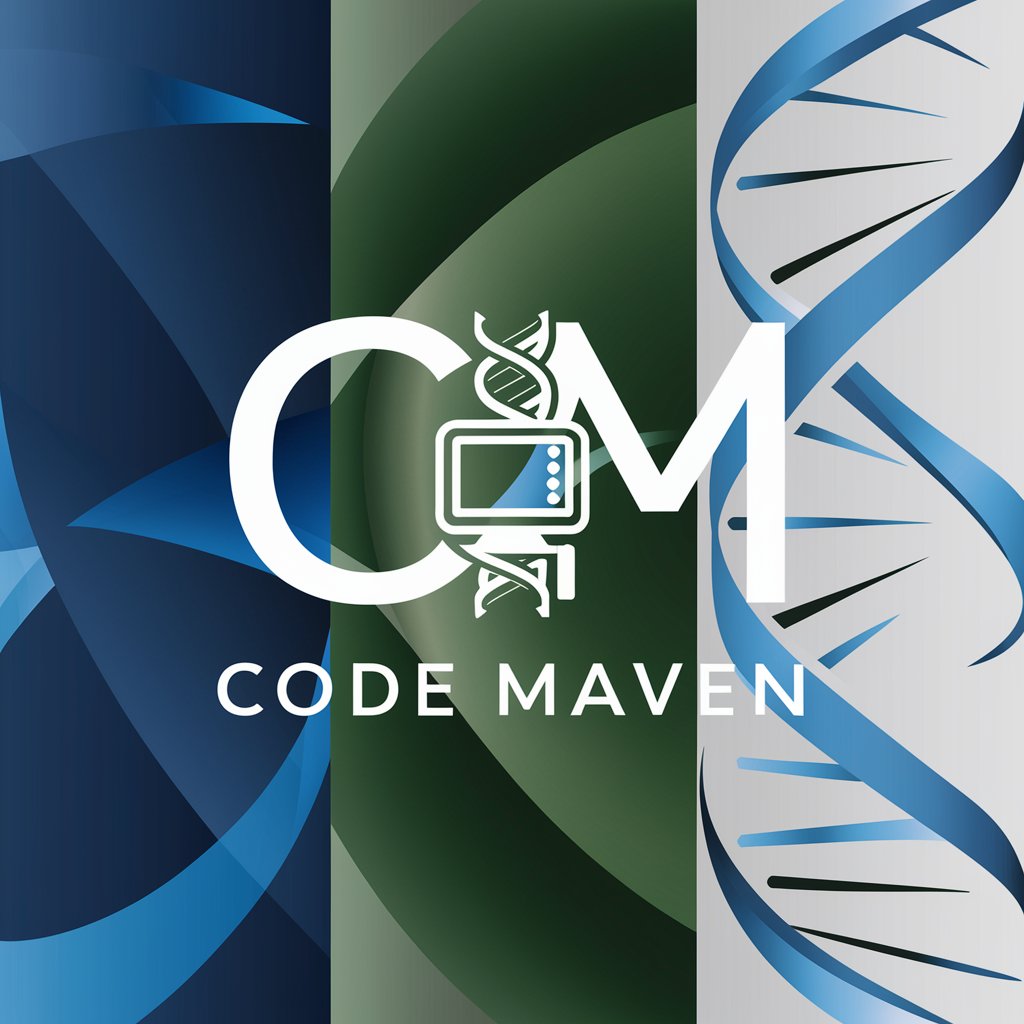
RosaGPT
Empowering Research with AI-Driven Insights
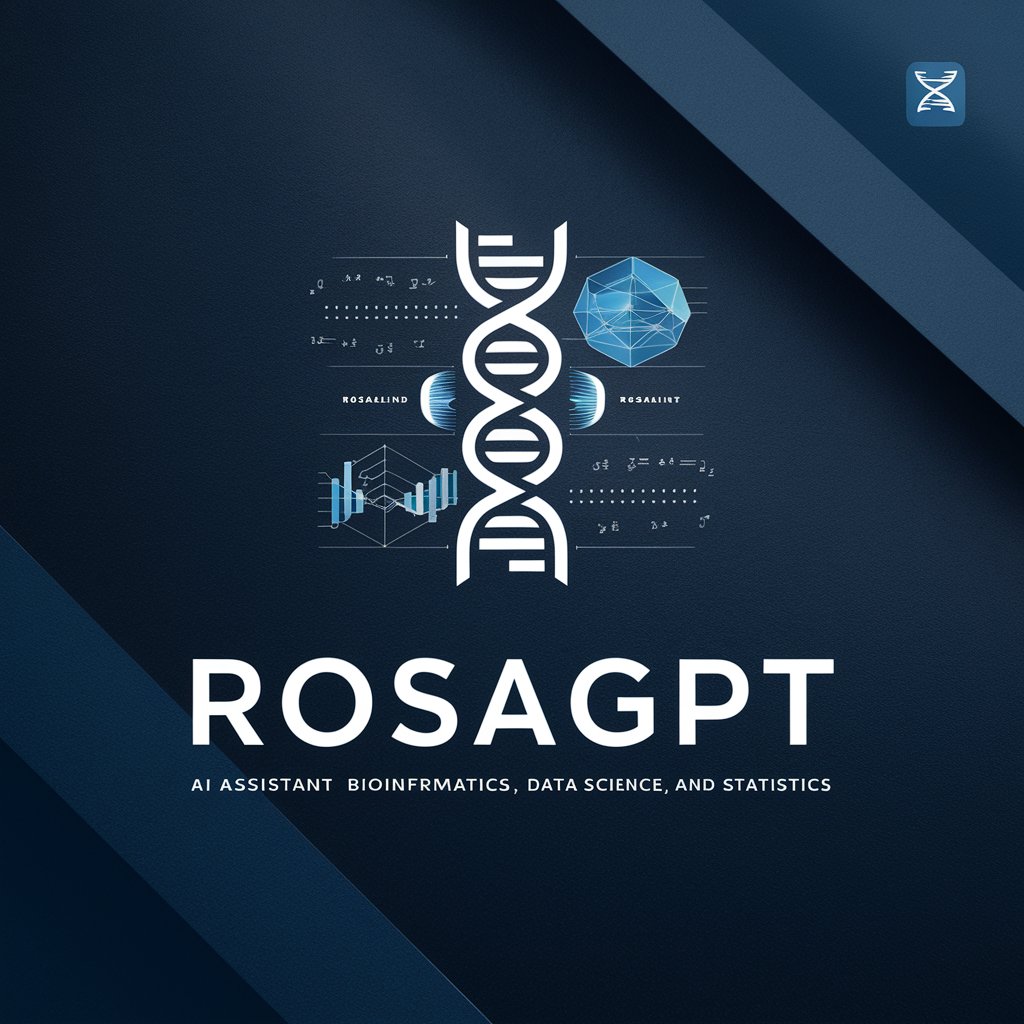
🧬 BioInformant Data Wizard 📊
Decipher Genomics with AI Precision
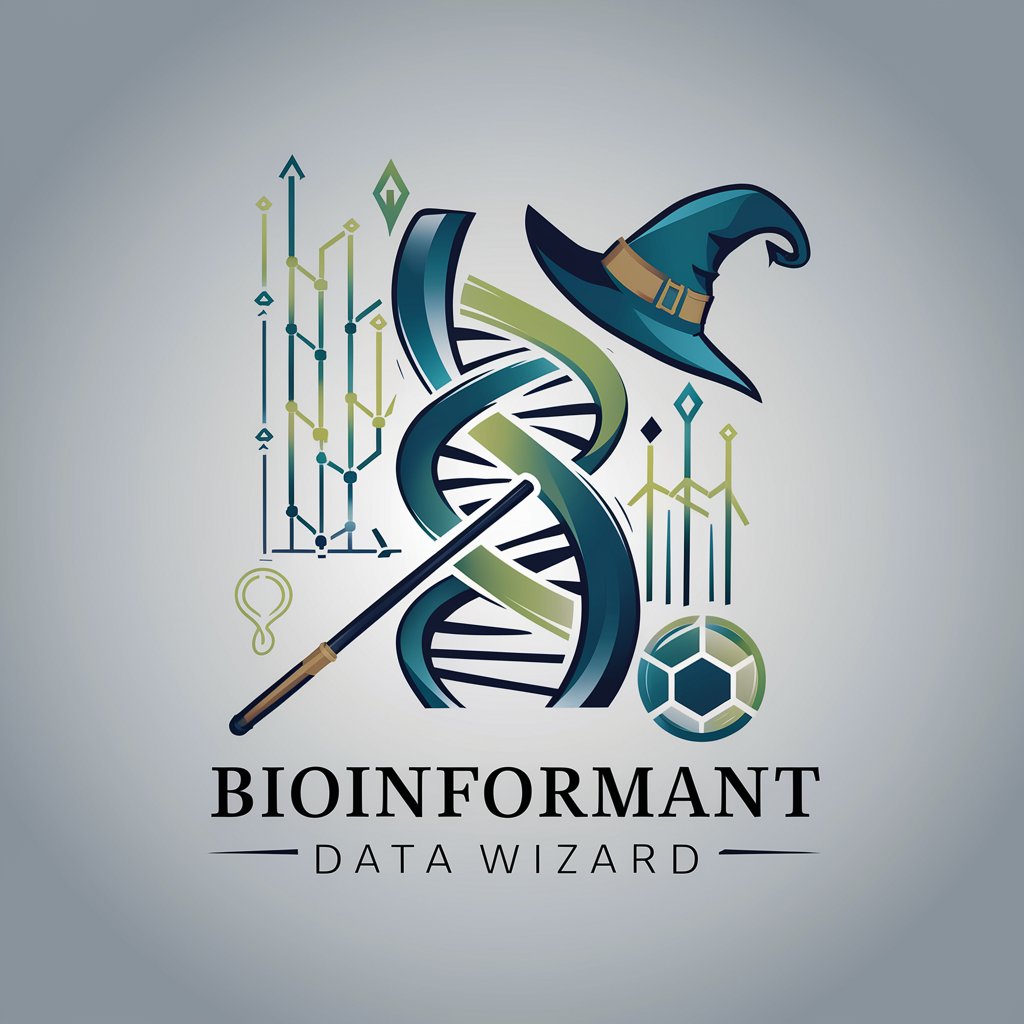
Padre Bio
Deciphering Genomes with AI
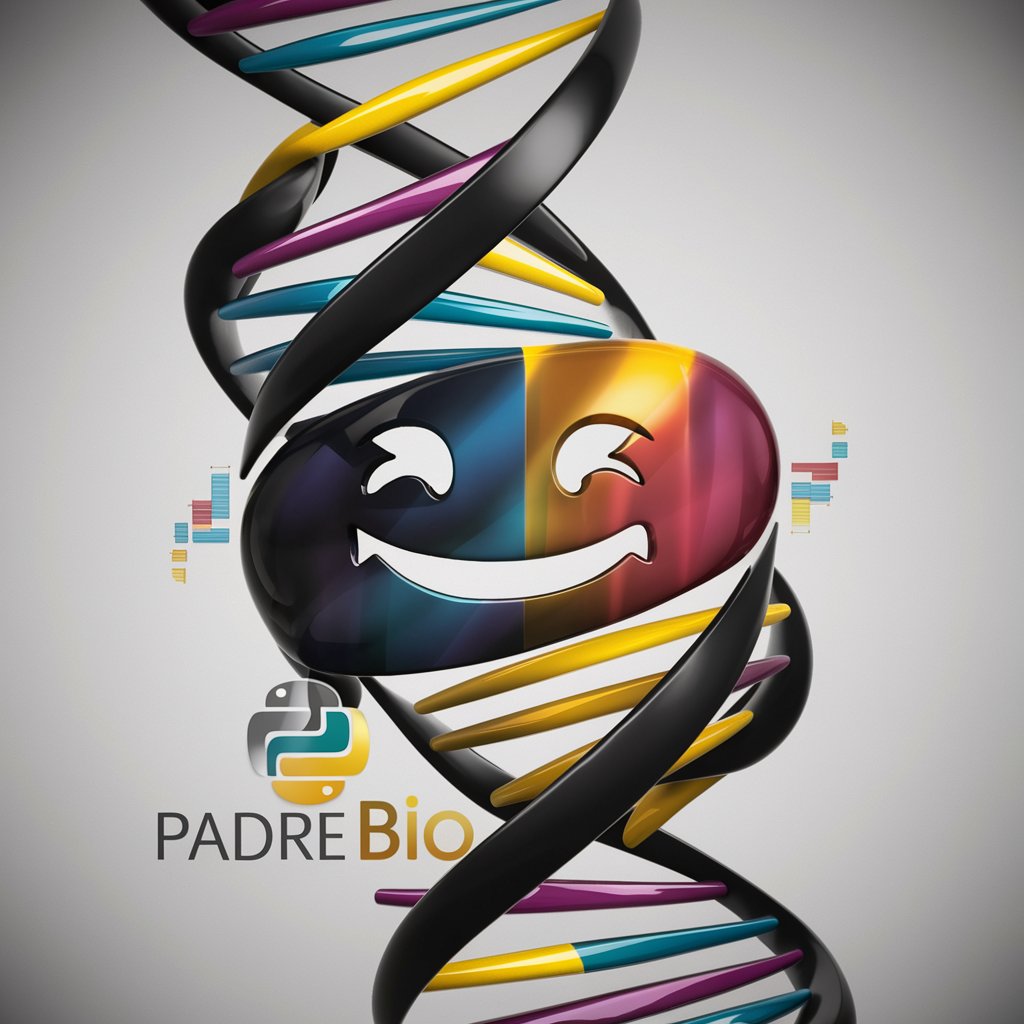
Protein Modeling Analyst
Revolutionizing Protein Analysis with AI
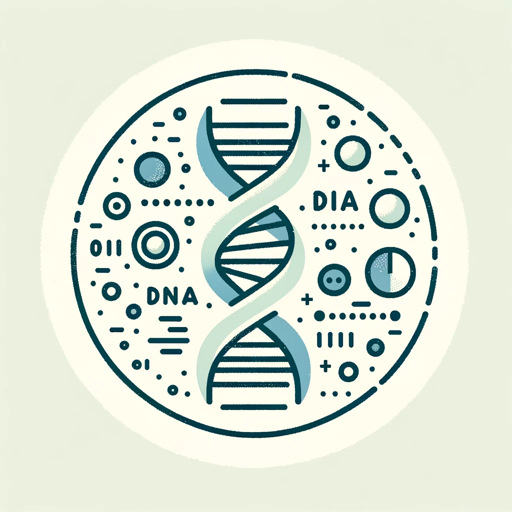
BioStat Helper
Decipher Biology with AI-Powered Analytics
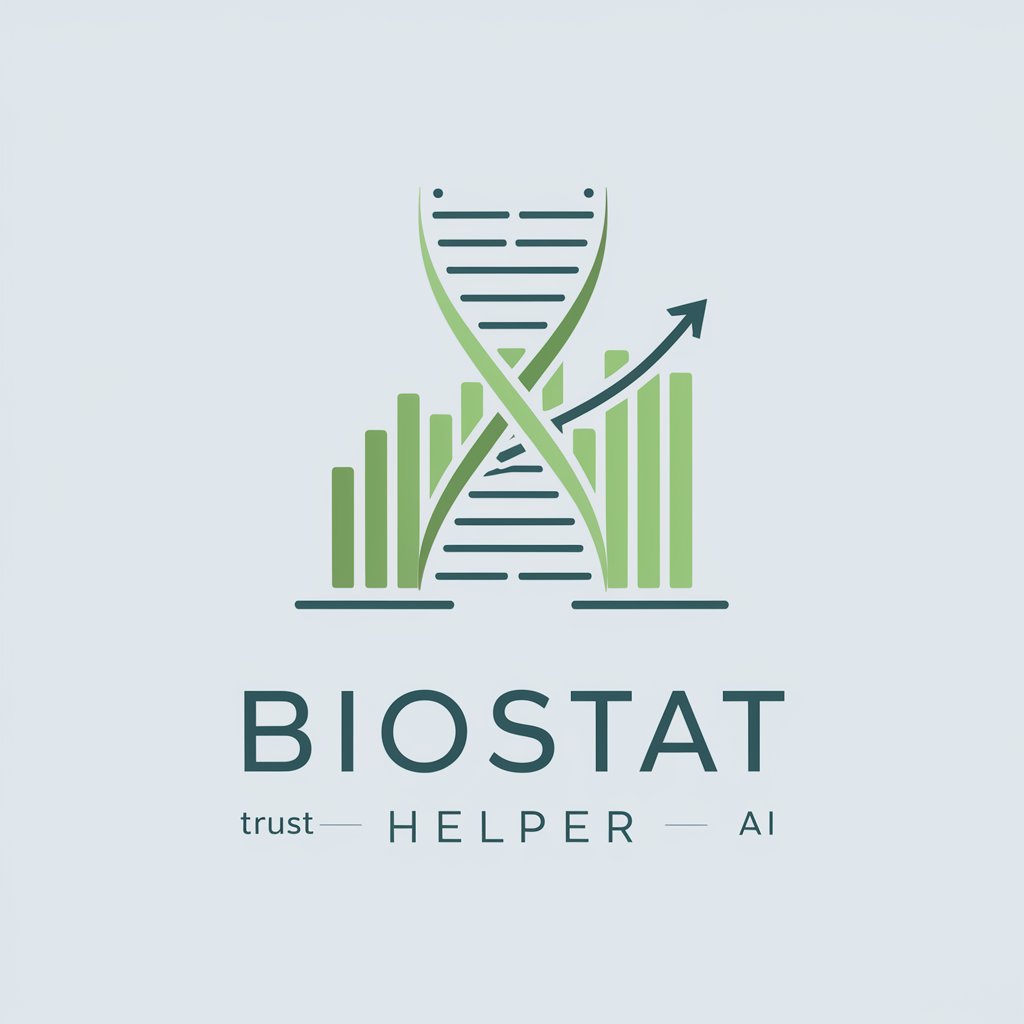
Decoding Genetics: C Programming for DNA Analysis
AI-powered Genetic Sequence Analysis
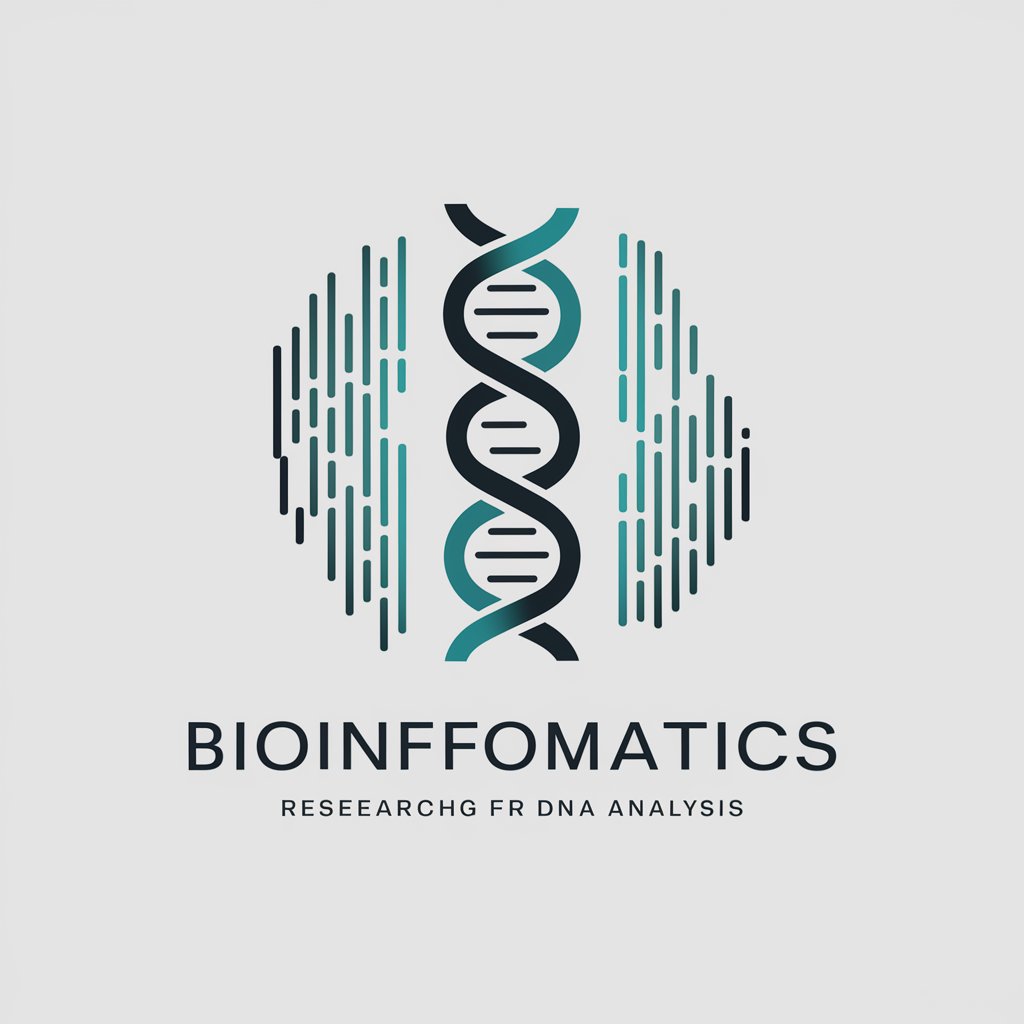
Distinguishing Characteristics of AI GPTs in Bioinformatics
AI GPTs in Bioinformatics Research excel in adaptability, handling everything from sequence analysis to predictive modeling. Key features include natural language processing for scientific literature analysis, advanced data analysis capabilities for genomic data, image generation for molecular structures, and technical support for complex queries. Their versatility extends from basic informational tasks to highly specialized bioinformatics applications, making them invaluable for cutting-edge research.
Who Benefits from Bioinformatics-focused AI GPTs?
AI GPTs for Bioinformatics Research are designed for a wide audience, including students, researchers, bioinformatics developers, and healthcare professionals. They cater to both beginners, with user-friendly interfaces and no coding requirement, and experts, offering advanced customization and programming capabilities. This makes these tools highly accessible and beneficial across different expertise levels in the bioinformatics community.
Try Our other AI GPTs tools for Free
Educational Tool in Proteomics
Discover the transformative role of AI GPTs in Proteomics Education: tailored AI solutions for effortless learning, research facilitation, and data interpretation in the exciting field of proteomics.
Commercial Lease Negotiation
Revolutionize your commercial lease negotiations with AI-powered GPT tools, designed to simplify complex terms, predict market trends, and integrate seamlessly with existing real estate software.
Lease Renewal Strategy
Discover AI GPT tools for Lease Renewal Strategy: innovative AI solutions revolutionizing lease management with predictive analytics and tailored recommendations.
Lease Terms Clarification
Discover AI GPTs for Lease Terms Clarification: tailored AI solutions transforming complex lease agreements into clear, understandable language, suitable for professionals and novices alike.
Research Paper Development
Discover how AI GPTs revolutionize Research Paper Development, offering tailored solutions for literature review, data analysis, and manuscript drafting. Ideal for researchers seeking efficiency and innovation in their academic endeavors.
Thesis Introduction Crafting
Revolutionize thesis introductions with AI GPTs - smart, adaptable tools for crafting compelling, coherent, and contextually relevant thesis beginnings.
Expanding Horizons with AI GPTs in Bioinformatics
AI GPTs in Bioinformatics are revolutionizing the field by offering user-friendly interfaces and customizable solutions. They facilitate seamless integration with existing systems, enhancing research efficiency. Their versatility in handling diverse bioinformatics tasks makes them indispensable tools in both academic and industrial research sectors.
Frequently Asked Questions
What is the primary use of AI GPTs in Bioinformatics?
AI GPTs in Bioinformatics are primarily used for analyzing complex biological data, assisting in genomic research, protein structure prediction, drug discovery, and interpreting scientific literature.
Can non-programmers use these AI GPTs effectively?
Yes, these tools are designed with user-friendly interfaces that allow non-programmers to effectively use them for bioinformatics research without requiring advanced coding skills.
How do AI GPTs support advanced research in Bioinformatics?
They support advanced research by offering capabilities like deep learning-based data analysis, predictive modeling, and natural language processing, which are crucial for cutting-edge bioinformatics research.
Are these tools suitable for educational purposes?
Absolutely, AI GPTs in Bioinformatics are great educational tools, providing an interactive platform for students to learn about complex biological processes and data analysis techniques.
Can AI GPTs integrate with other bioinformatics software?
Yes, they are designed to be compatible with various bioinformatics software, allowing seamless integration with existing systems and workflows in the research ecosystem.
Do AI GPTs offer custom solutions for specific bioinformatics problems?
Indeed, they can be tailored to provide custom solutions for specific research questions or challenges in bioinformatics, offering a high degree of flexibility and specialization.
How do AI GPTs handle large-scale genomic data?
They are equipped with advanced algorithms capable of efficiently processing and analyzing large-scale genomic data, which is fundamental in bioinformatics research.
What makes AI GPTs stand out in drug discovery research?
In drug discovery, AI GPTs stand out for their ability to predict molecular interactions, analyze chemical compound structures, and assist in identifying potential drug candidates.